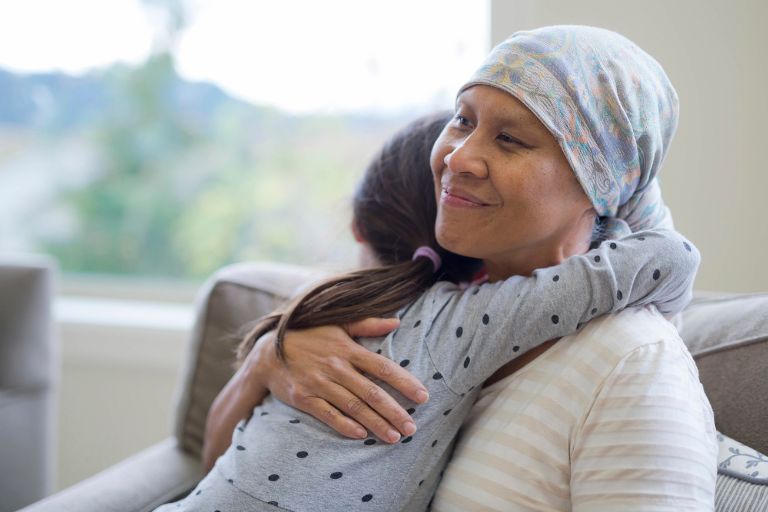See it in color
Our video library features medical experts and community members who help grow your understanding of the impact of breast cancer on every aspect of your life.
Your go-to source for the medical news and practical information that impacts your care.

07/14/25 | BY: Janissa Delzo
Discover how nerve reconstruction after breast cancer surgery is helping restore touch, intimacy, and confidence. Hear from breast cancer thrivers and leading surgeons.

Our video library features medical experts and community members who help grow your understanding of the impact of breast cancer on every aspect of your life.
Your source for easy-to-digest medical news and life management tools.
Get medical news from the San Antonio Breast Cancer Symposium and ASCO. Our curated stories guide you through the most important issues facing the breast cancer community – and help you understand how they impact your care and your life.
Have a question? Get in touch with us.
Breast cancer news is designed for educational and informational purposes only. For answers to specific questions or concerns, please consult your health care providers. Our content is not intended in any way to substitute for professional counseling or medical advice.